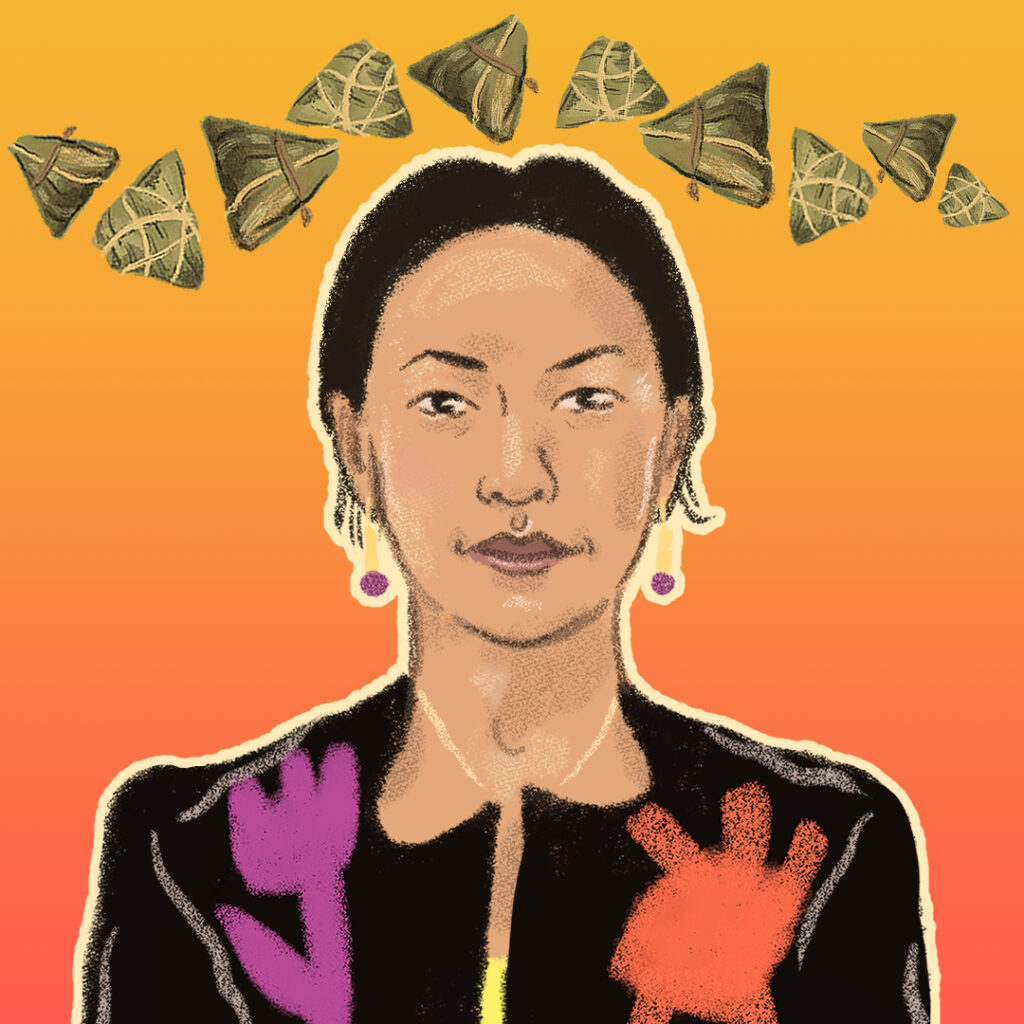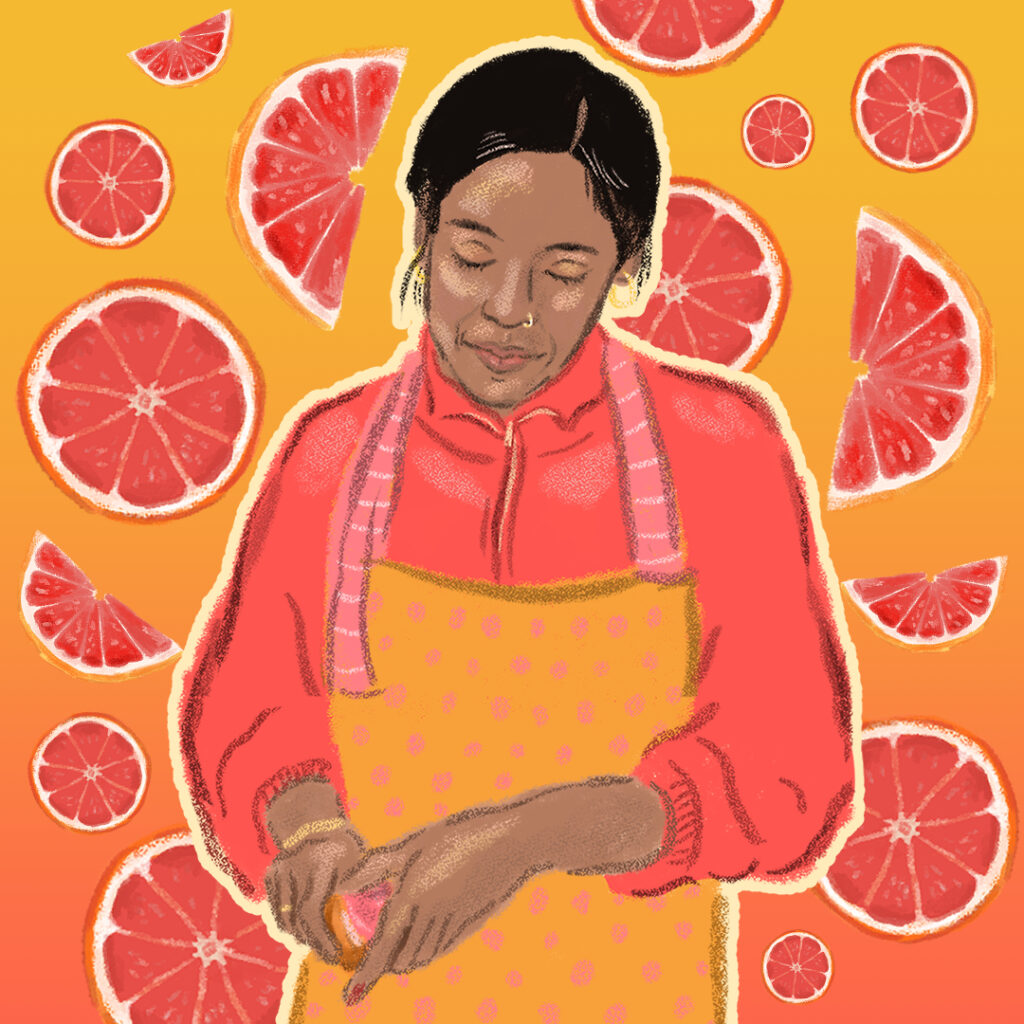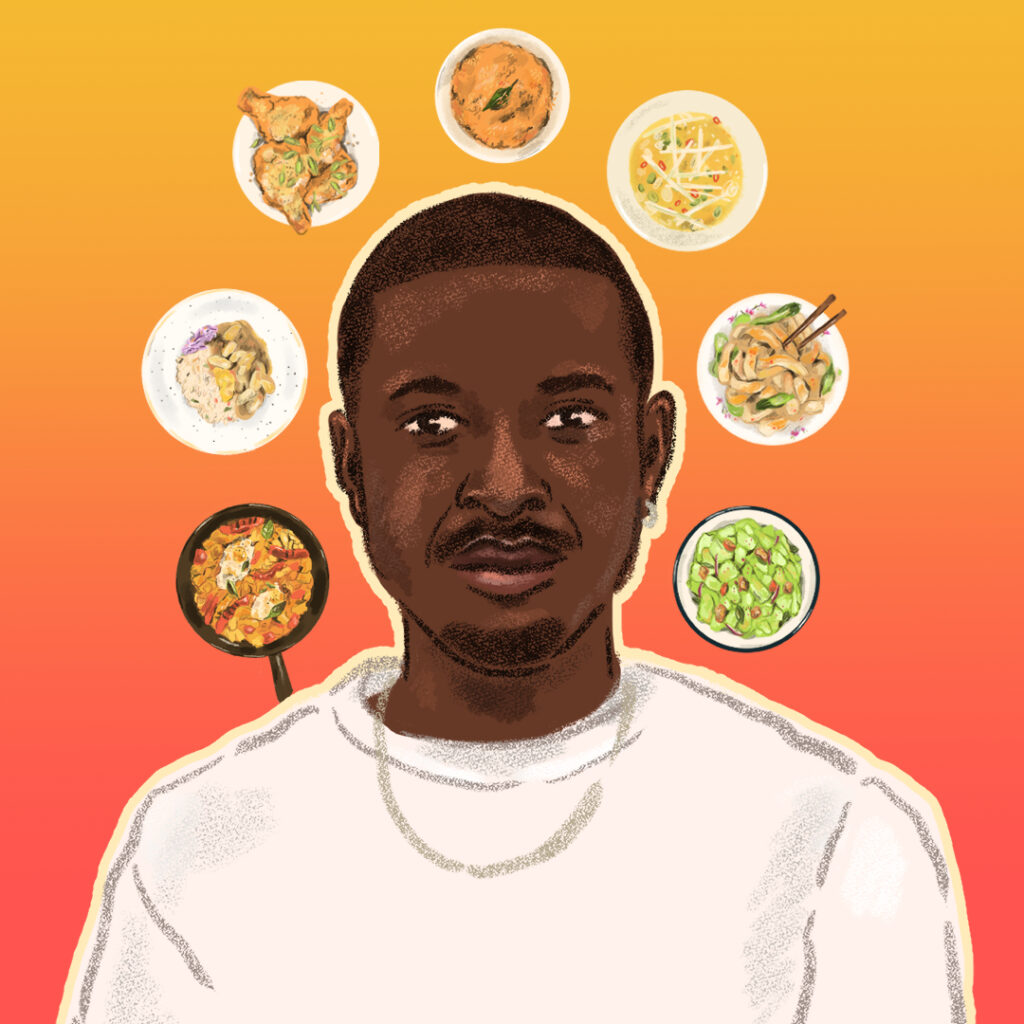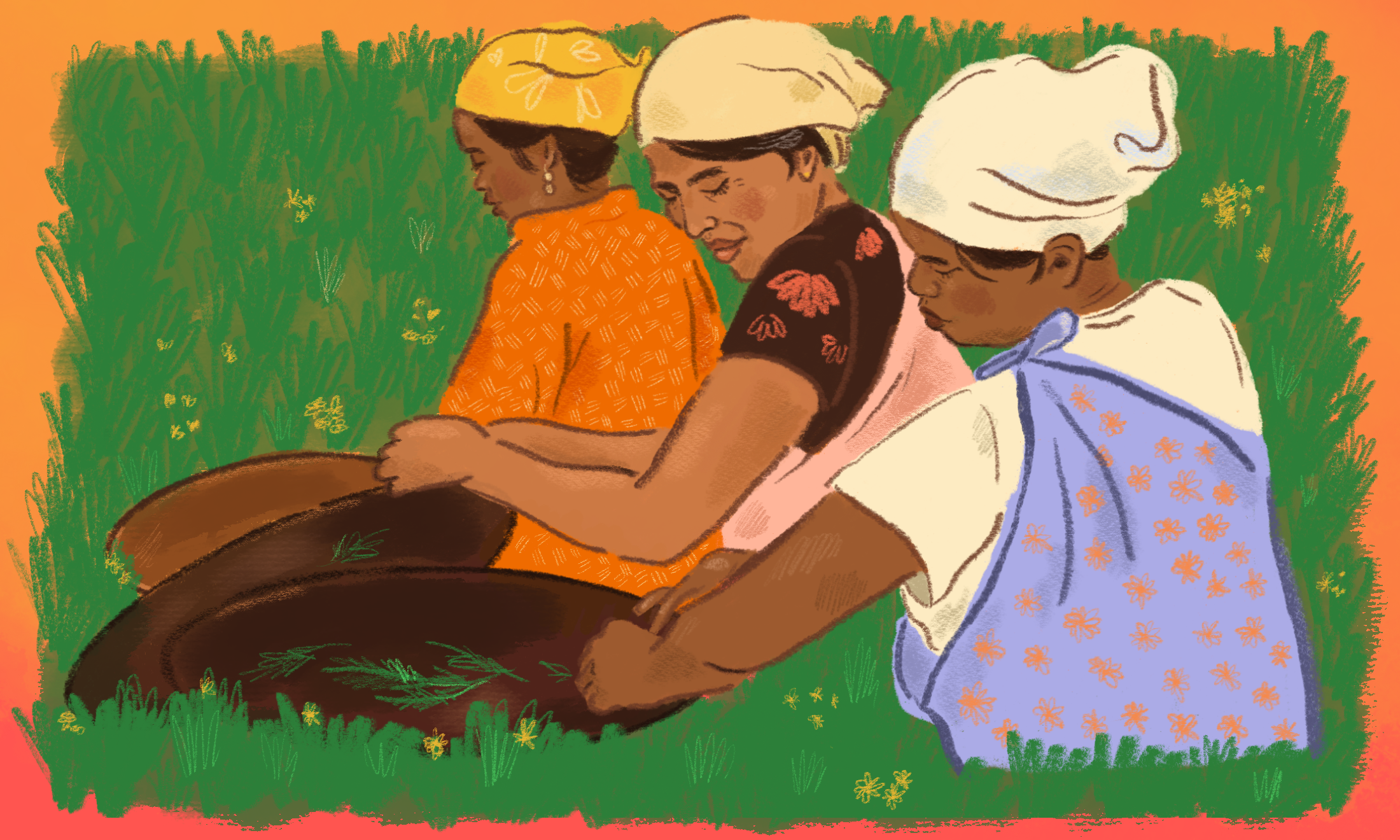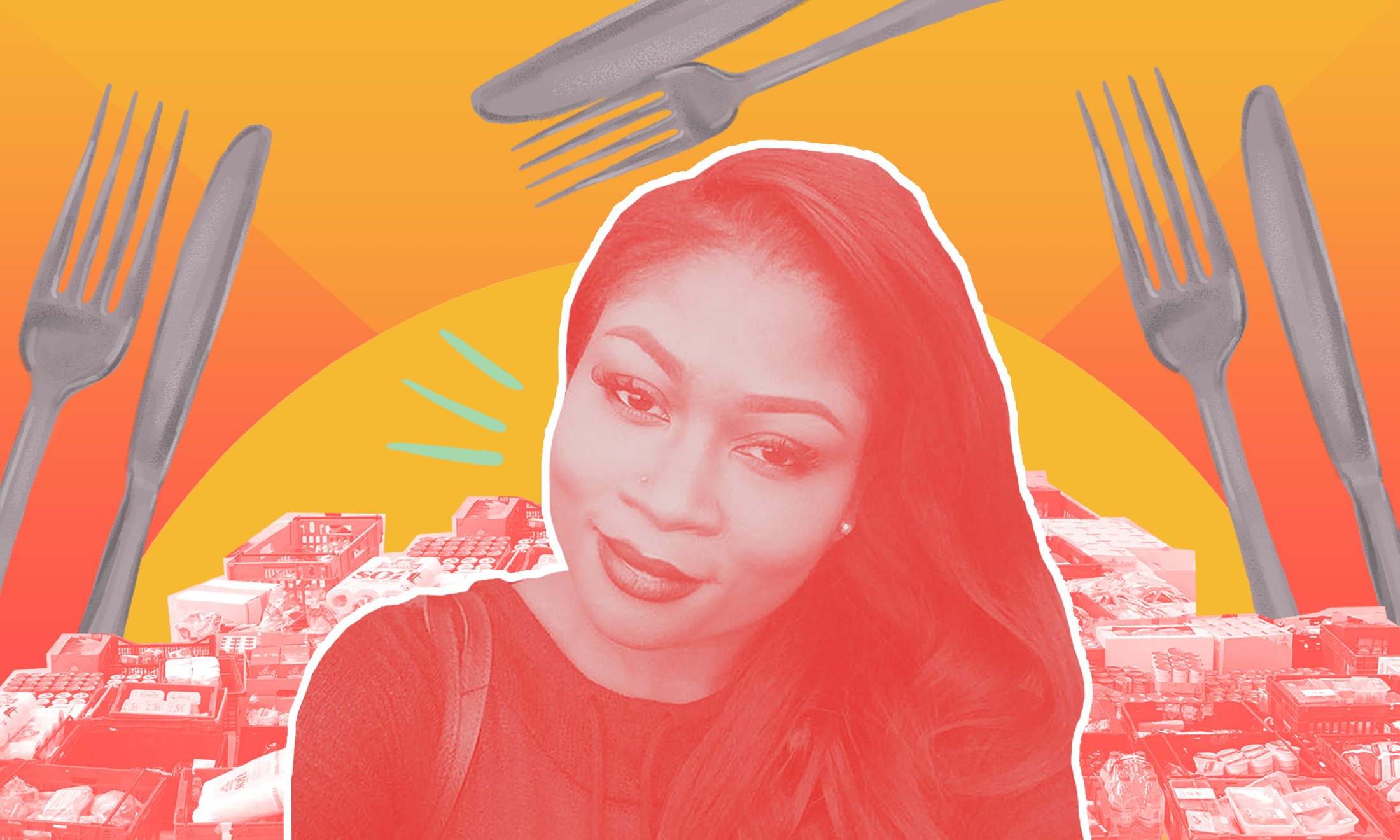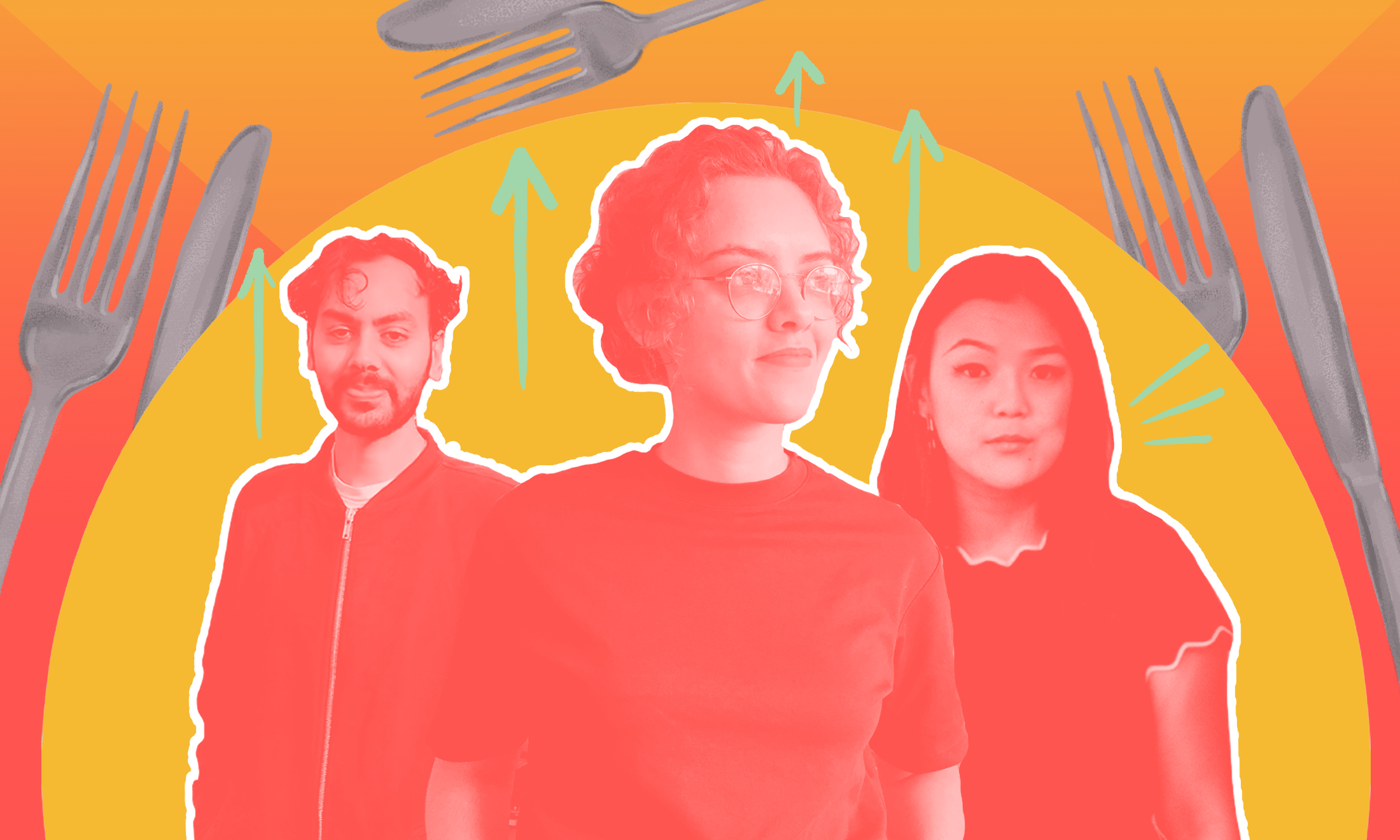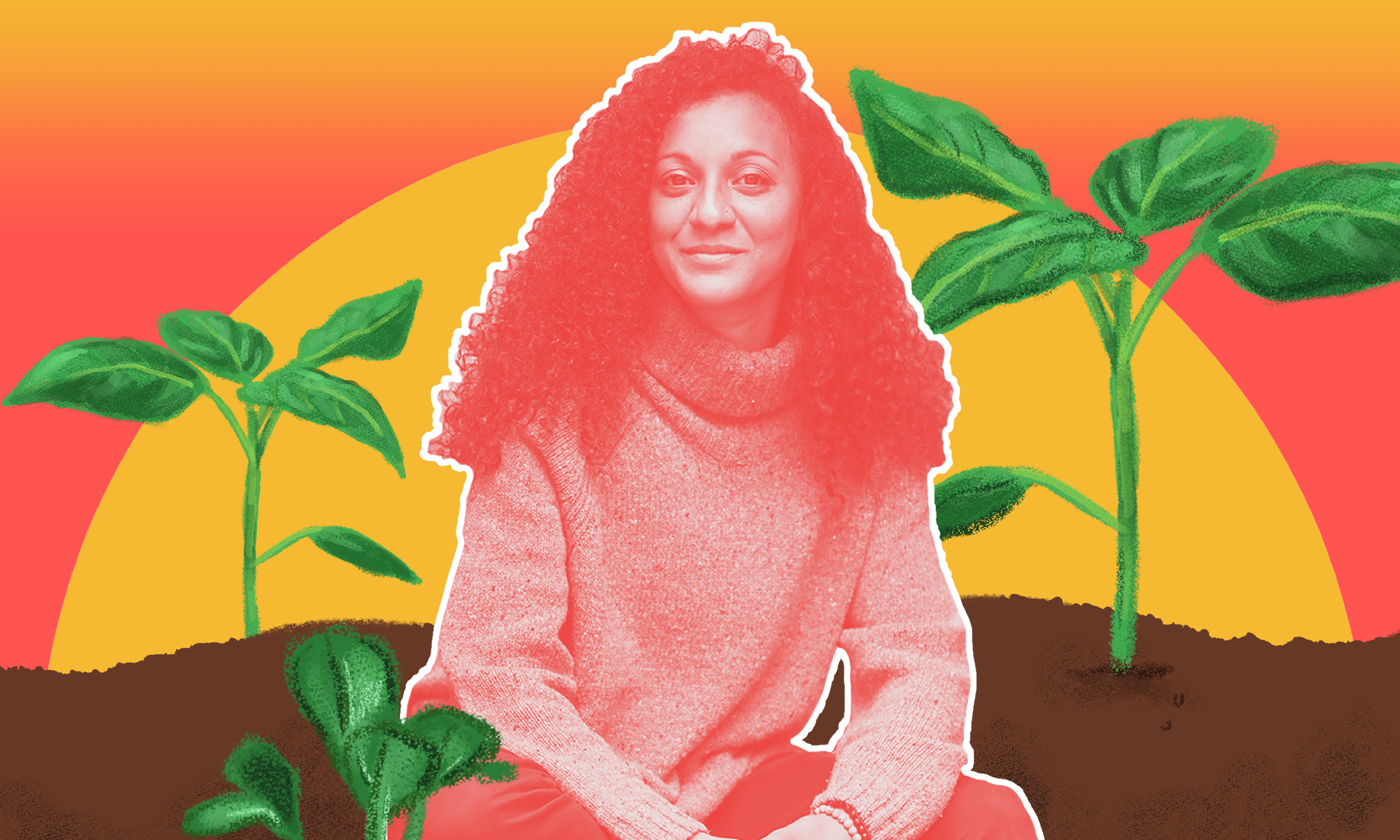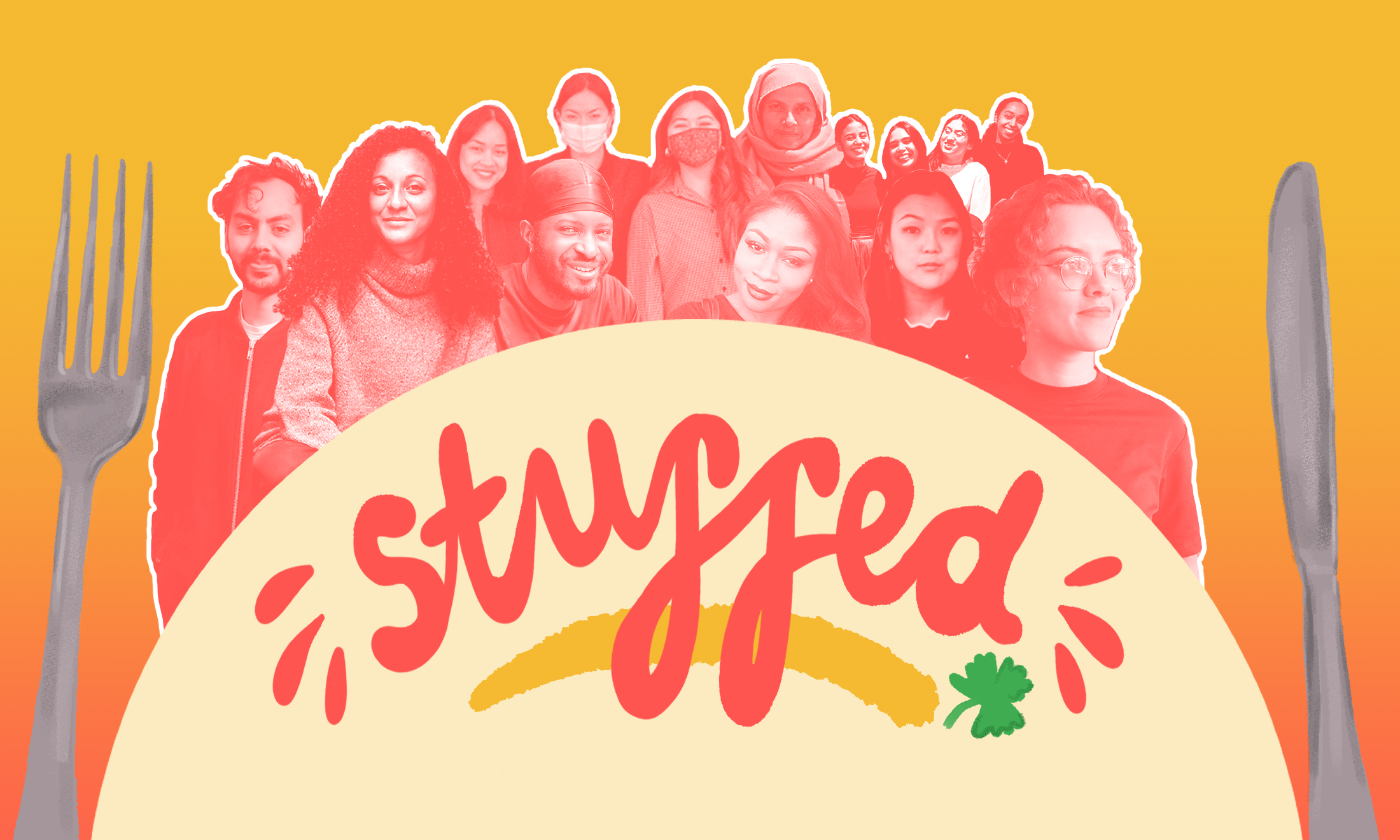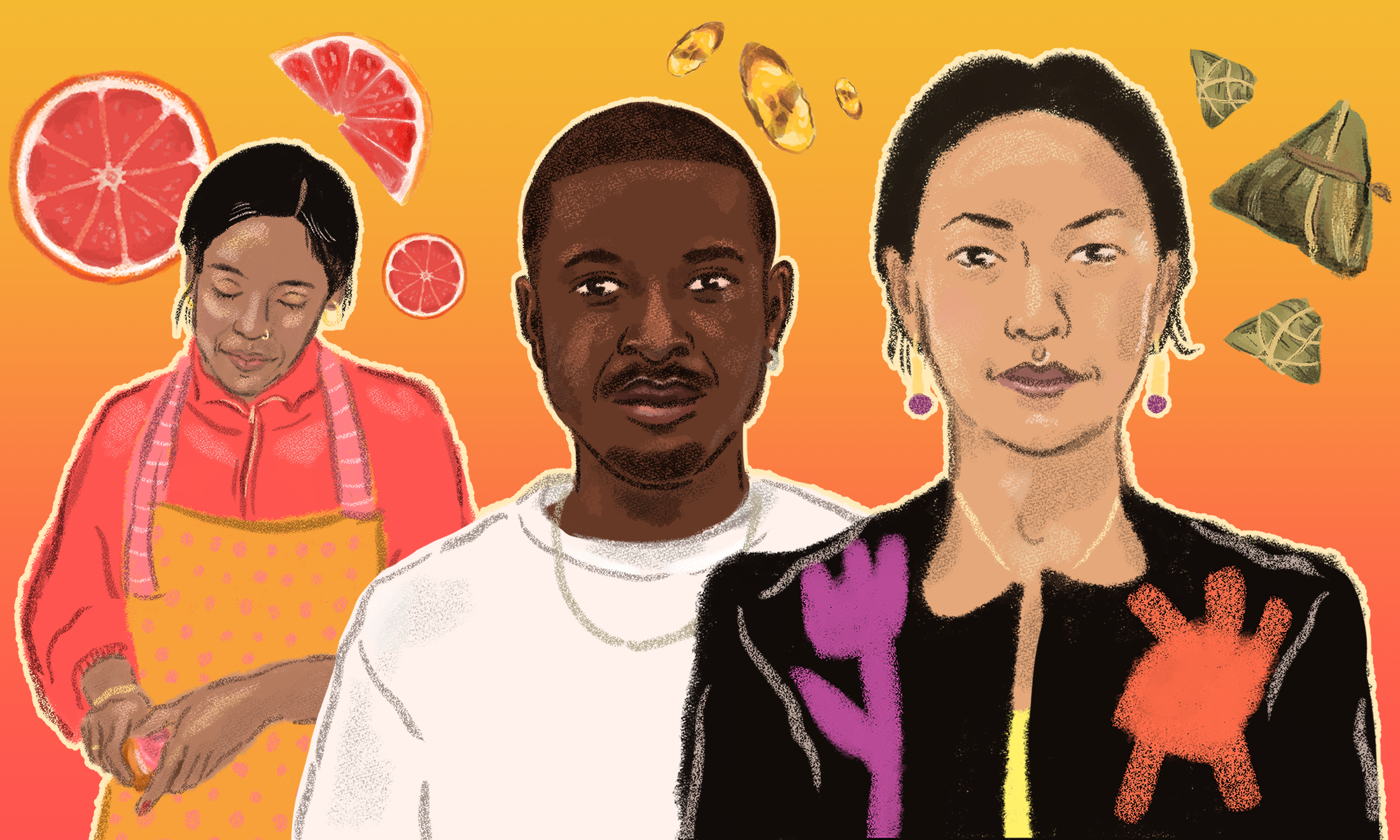
Javie Huxley
Stuffed: how community food projects are bringing warmth to people of colour
Throughout the pandemic, cooks and food lovers across the UK have been sharing joy and finding connections through food
Catharine Hughes
22 Jul 2021
Food has long been one of the simplest tools we have to connect with one another. Eating – and enjoying – the same meal reveals our similarities, and this can stretch across generations and cultures. And while the health and social crises of the past 18 months have in many ways exacerbated the politicisation of food, a number of individuals have also been harnessing its power to support communities in a time of need.
“Community is the act of coming together, but for me, it’s the coming together to achieve something,” says Fahima Jilani, the owner of Mosa Mosa, a Bengali food platform based in the West Midlands. Fahima began Mosa Mosa back in 2017, born out of a love for food passed down through her family. Initially, she was working at markets and catering small events like birthdays, and then the British Red Cross approached her to ask if she would be interested in providing meals for teenage asylum seekers, who were attending guidance sessions.
“These asylum seekers come predominantly from East African countries like Sudan, Eritrea, and I think they do genuinely appreciate spicy food, and I bring them South Asian food that is also spicy. Although it’s not the same culture as theirs, I think it’s comforting,” says Fahima.
In addition to her work with the Red Cross, Fahima had just started hosting supper clubs in early 2020 before the pandemic hit, serving up a fusion of South Asian and Middle Eastern food; infused curries and kanafeh samosas. Thus far, both of her supper clubs have been all-women events attended by South Asian and Muslim women: “We like to let our hair down, which is more comfortable in a female space,” she says.
Although unique in many ways, the trajectory of Mosa Mosa’s journey from passion project to a community project is not a stand-alone story. In the early stages of the pandemic, Riaz Phillips, the writer and photographer behind Belly Full: Caribbean Food in the UK, had an urge to do something to help when news started emerging about minority communities being disproportionately affected. Within a matter of weeks, he assembled the e-book Community Comfort, which features more than 100 recipes by cooks from diasporic and migrant backgrounds including from the Philippines, Jamaica, China and Nigeria. All proceeds go to the Majonzi Covid-19 Bereavement Fund, supporting members of minority communities who have lost loved ones to the virus.
“Food shows we aren’t that different at the core, so therefore we should come together for common goals that affect all our communities,” says Riaz. “Although many of us from minority backgrounds speak different languages, have different skin colours, religions, at the core we are more similar than we realise,” he says. “Certain foods in Nigeria aren’t that different to some in Colombia, people in Jamaica and Vietnam both eat many of the same fruits, like jackfruit and sugarcane,” he continues, echoing Fahima’s sentiment that food can resonate across cultures.
“I always say that food is the easiest way to get people in,” says Jenny Lau, founder of Celestial Peach. Jenny launched Celestial Peach as a blog back in 2017 as a way to speak about plant-based Chinese food. “It became this kind of way to connect with other people, especially initially British Chinese people, eventually diasporic Chinese all around the world and the wider Asian community,” she says.
Jenny’s project then evolved to hosting volunteer events, such as potlucks, at the Chinese community centre in Hackney, bringing people of all ages and backgrounds together in support. London’s Chinese community centres have generally engaged with older generations in the past, but “incredibly and ironically, over the last year – especially with the rise of anti-Asian racism – there has been such a rise in activism work and awareness, especially among younger generations,” Jenny says. “They’ve been able to put these community centres and the work that they do in the limelight.”
In September last year, when restrictions were briefly loosened, Jenny hosted a congee (rice porridge) brunch, bringing people of all backgrounds together at the community centre. She describes congee as a metaphor for togetherness: “It’s the most simple, nourishing food you can make, a blank canvas that everyone personalised by bringing their own toppings.” The brunch was followed by a Community Conversation workshop with the Greater London Authority, addressing how East and Southeast Asian Londoners feel the community can move forward from the pandemic. “It was this really nice jumping-off point to combine a food meet-up with some deeper conversations,” says Jenny.
For many cultures, the dining table is where connections are made and relationships are built. As Riaz puts it, “Food is one of the ways we can connect and then display our culture to a wider audience, because everybody eats”. From negligence to racially motivated attacks, minority groups have been hit hard by the pandemic over the past year and a half. Yet while this has been devastating, care, passion and comfort have managed to blossom through the cracks – frequently in the form of food.
The essence of these community food projects lies in an unassuming generosity of time, energy and resources. “I think in today’s society there’s an emphasis on individualism, and I think in these times, community is even more important,” says Fahima. “Self-care is lovely, but you’ve also got to think about the community…We’ve all got to do our bit to look after each other.”

